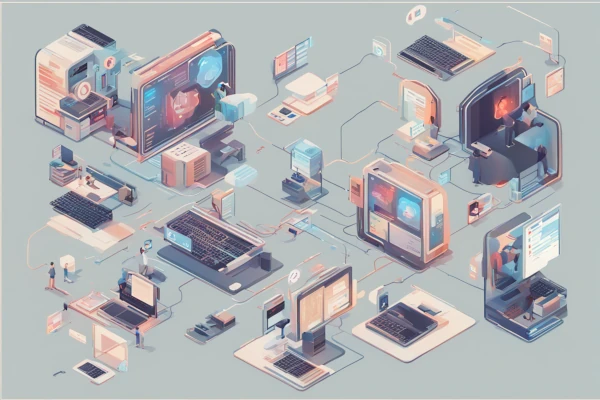Discover how companies and organization are implementing AI to power new AI use cases with the GPT-3 Demo AI use cases website. The website lists a synopsis of each AI application and refers one to the application’s corresponding website for more information. A GPT-4 Demo AI use cases website has also been added since the recent introduction of GPT-4 has caused an increase in app production using that technology.
Among the AI products that can be examined more fully are ChatGPT, Claude, OpenAI CLIP, DALL.E, DALL.E 2, GPT-2, GPT-3, GPT-4, GPT-J, Midjourney, OpenAI Codex, Stable Diffusion, and WebGPT.
Available AI categories include AI Writing Assistants, Blog writing, Application security, Book Writing, Code Generation, Customer Service, Farming, Healthcare, Investing, Lifesciences, Music, Robotics, Search Engines, Video Editing, Weather and Website Builders are a few of the many available topics that are being transformed by AI capabilities.
Although many AI apps seem innocuous, one AI app, ChaosGPT, uses Auto-GPT to simulate more malicious goals:
“ChaosGPT is a modified version of Auto-GPT using the official OpenAI API. A new video on YouTube where someone decided to task Auto-GPT instance with eradicating humanity.
It easily obliged and began researching weapons of mass destruction, and even tried to spawn a GPT-3.5 agent and bypass its “friendly filter” in order to get it to work towards its goal.”
GPT-3 Demo has produced a Real-time Market Map, currently at 799 apps, which shows a real-time grid representation of AI applications, available on the website.
GPT-3 Demo also runs an informative YouTube channel showing advanced AI videos.




